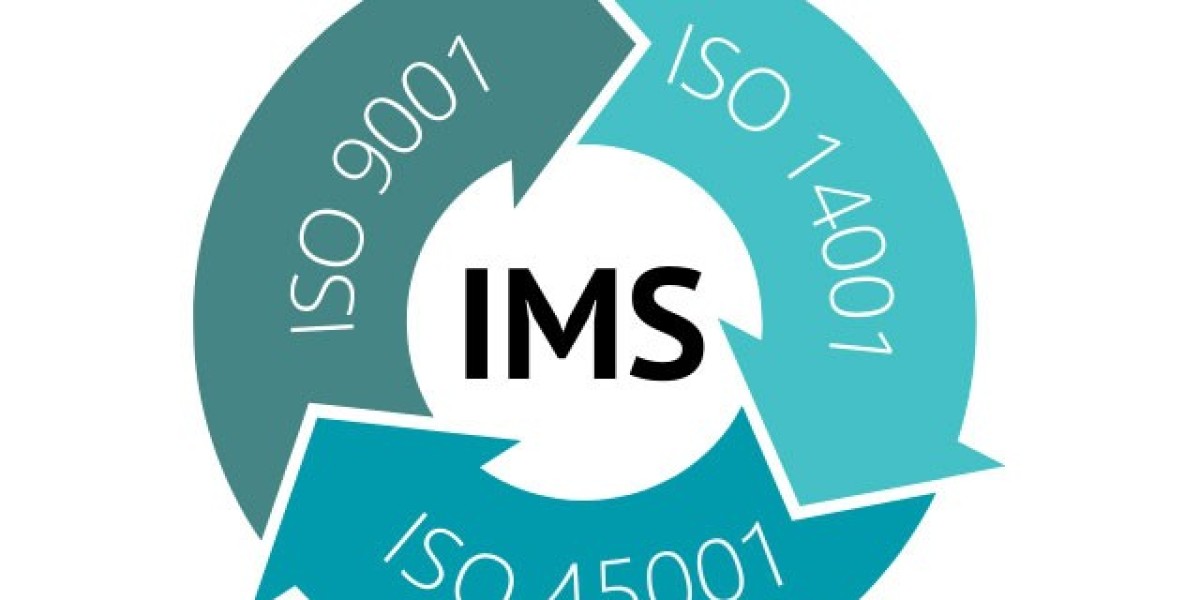In the modern business world, growth is no longer about doing more—it’s about doing things smarter. Enterprises are expected to deliver high-quality products, maintain safe working environments, reduce environmental impact, and comply with international regulations. Trying to manage each of these areas separately often results in duplicated tasks, miscommunication, and wasted resources. This is where an Integrated Management System (IMS) becomes a game-changer for organizations that want to operate smarter rather than harder.
What Is an Integrated Management System?
An Integrated Management System is a single framework that merges different management standards such as ISO 9001 (Quality), ISO 14001 (Environmental), and ISO 45001 (Health & Safety). Instead of maintaining multiple systems in isolation, IMS streamlines them into one unified structure. This approach helps organizations improve performance across all areas while ensuring compliance and efficiency.
The Smarter Way Forward
1. Streamlined Operations
Running separate systems often leads to duplicated documents, repeated audits, and conflicting procedures. An IMS eliminates these redundancies by aligning policies and objectives across departments. With a single set of processes, enterprises save time, reduce paperwork, and minimize confusion among employees.
2. Better Decision-Making
A smarter enterprise thrives on accurate data and clarity. IMS integrates risk management, performance monitoring, and continuous improvement into one system, giving leaders a complete overview of business health. This holistic approach ensures decisions are based on reliable insights rather than fragmented information.
3. Enhanced Employee Engagement
When employees work under multiple management systems, responsibilities can feel overwhelming or unclear. An integrated system simplifies roles by providing consistent procedures and clear expectations. This not only reduces stress but also encourages ownership, teamwork, and accountability across the organization.
4. Cost Savings and Efficiency
Every enterprise wants to cut costs without cutting quality. IMS achieves this by reducing the number of audits, minimizing repeated training programs, and lowering administrative overheads. The resources saved can be invested back into innovation, customer service, or expansion.
5. Stronger Compliance and Reputation
A smart business is one that customers, investors, and regulators can trust. IMS ensures compliance with multiple standards at once, making it easier to demonstrate credibility and reliability. A company that shows commitment to quality, safety, and sustainability earns a stronger reputation in competitive markets.
Future-Proofing the Enterprise
The business landscape will continue to evolve with new challenges—digital transformation, climate change, and shifting customer expectations. A well-implemented Integrated Management System gives organizations the flexibility to adapt to these changes. Instead of constantly building separate systems for new standards, enterprises can expand their IMS framework to meet fresh requirements efficiently.
Conclusion
Building a smarter enterprise is about working with agility, efficiency, and foresight. An Integrated Management System helps organizations align their goals, reduce complexities, and maximize value across quality, environment, and safety. By embracing IMS, enterprises not only enhance their internal performance but also position themselves as trusted, future-ready leaders in their industry.








